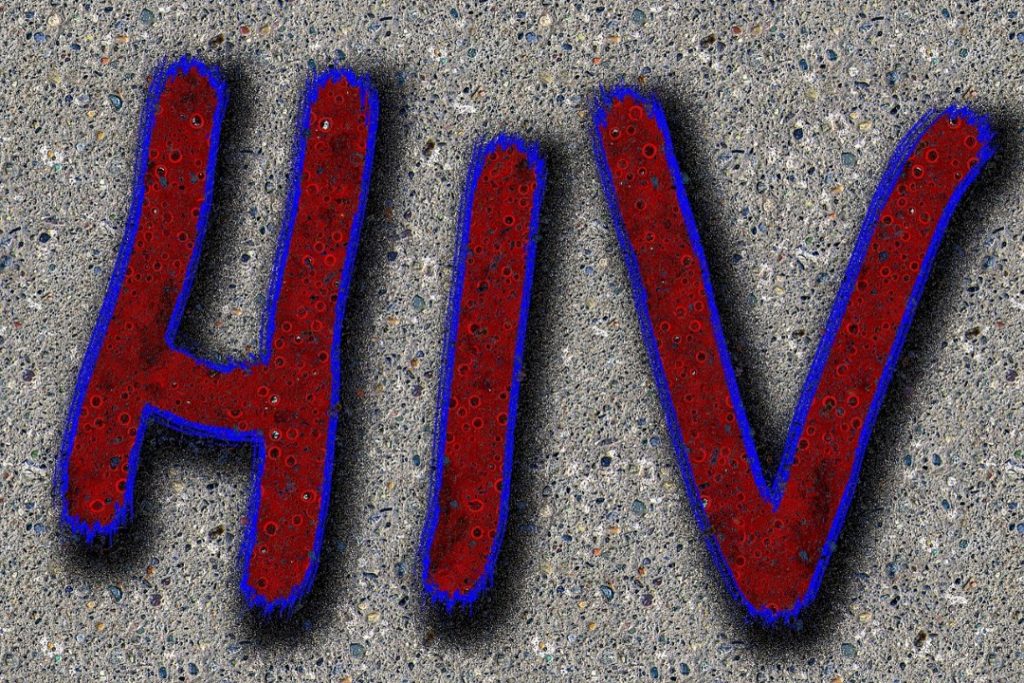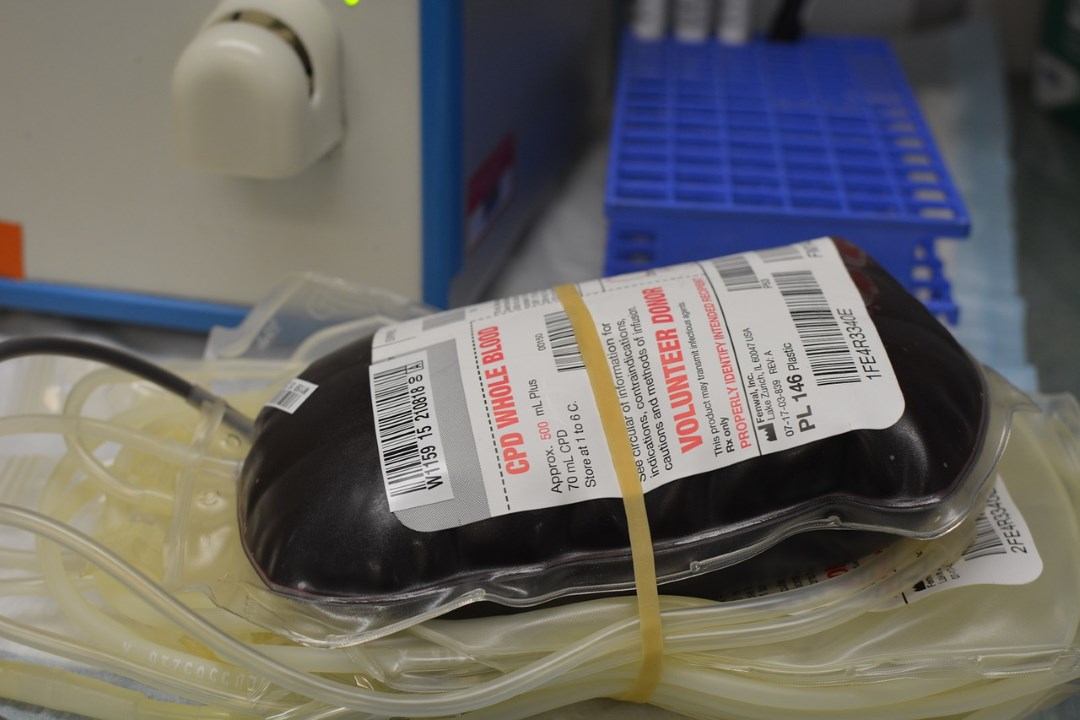
Contents
Window Period
It is the time between potential exposure to HIV infection and the point when the test will give an accurate result. During the window period a person can be infected with HIV and infectious but have a negative HIV test. So, if a person contracts the HIV today and decides to donate blood the next day, the laboratory that tests the blood will not detect the virus in it. The window period for HIV is usually between three weeks and three months, depending on the technology used at the laboratory. Even the best-available technology in the market right now – the Nucleic Acid Amplification Test – only reduces the window period to seven days. It does not entirely eliminate the risk. Despite this limitation, many countries have not reported a case of HIV transmission through blood transfusion for years now. In India, on the other hand, at least 2,234 people are reported to have been infected with HIV while getting blood transfusions in the last 17 months. The National Aids Control Organisation had on Wednesday revealed
the number is highest for Uttar Pradesh where 361 such cases were reported while Gujarat came second with 292 cases, Maharashtra third with 276 and New Delhi fourth with 264 such cases.
In India, approximately 0.2% of the donated blood units are detected with HIV. These are then removed from the supply. So, any infected blood that remains was apparently within the window period at the time of testing and could go on and infect healthy people.
At present, most blood banks in the country use the enzyme-linked immunosorbent assay or ELISA to test for HIV and Hepatitis B and C, among other infections. This is the technology mandated by the Central Drug Standards Control Organisation.
Despite this limitation, many countries have not reported a case of HIV transmission through blood transfusion for years now. In India, on the other hand, at least 2,234 people are reported to have been infected with HIV while getting blood transfusions in the last 17 months. The National Aids Control Organisation had on Wednesday revealed
the number is highest for Uttar Pradesh where 361 such cases were reported while Gujarat came second with 292 cases, Maharashtra third with 276 and New Delhi fourth with 264 such cases.
In India, approximately 0.2% of the donated blood units are detected with HIV. These are then removed from the supply. So, any infected blood that remains was apparently within the window period at the time of testing and could go on and infect healthy people.
At present, most blood banks in the country use the enzyme-linked immunosorbent assay or ELISA to test for HIV and Hepatitis B and C, among other infections. This is the technology mandated by the Central Drug Standards Control Organisation.